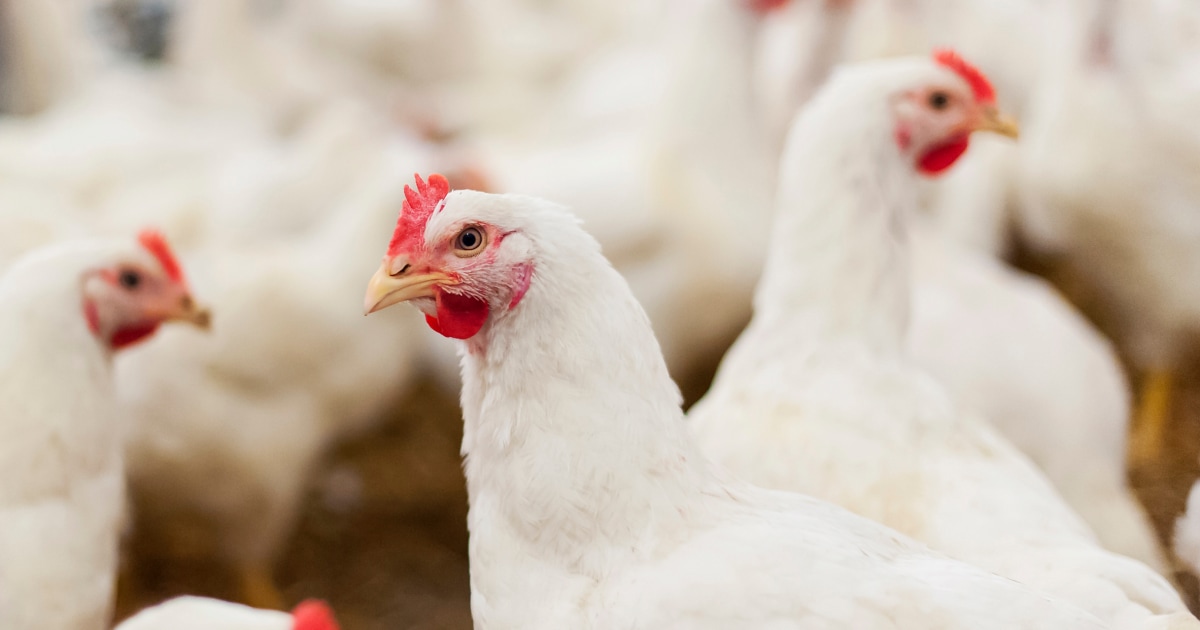In a recent population-based study published in the journal Frontiers in Nutrition , researchers in China investigated the relationship between coffee and caffeine intake and skeletal muscle mass among adults in the United States of America (U.S.).
They found that a higher intake of coffee and caffeine was positively linked to skeletal muscle mass. However, this association was notably absent in individuals with a body mass index (BMI) of 30 kg/m2 or higher. Association between coffee intake and skeletal muscle mass among U.

S. adults: a population-based study . Image Credit: Halfpoint / Shutterstock Background Sarcopenia, a chronic disease involving the loss of skeletal muscle mass and function, significantly impacts older adults, potentially leading to increased falls, fractures, and mortality.
Muscle mass is known to decline by 1–2% annually after age 50, and sarcopenia affects up to 40% of those over 80 years of age. Coffee, a widely consumed beverage in the U.S.
, is rich in polyphenols and caffeine, which have anti-inflammatory and antioxidant properties that may benefit muscle health. Previous studies suggest that coffee intake could improve muscle mass and reduce sarcopenia risk through mechanisms like promoting autophagy and enhancing myosatellite cell function. However, much of the existing research has focused on Asian populations, particularly in Japan and Korea, and often involves small sample sizes.
As a result, the relationship between coffee consumption, caffeine intake, and muscle mass among Americans remains uncertain, highlighting the need for further large-scale studies in this population. Therefore, researchers in the present study aimed to investigate the relationship between caffeine and coffee intake and skeletal muscle mass, providing a basis for dietary guidance in populations at a higher risk of sarcopenia. About the study The study used data from the National Health and Nutrition Examination Survey (NHANES) conducted between 2011 and 2018.
The final sample included 8,333 adult participants aged 20 years and above. The mean age of the participants was 39.57 years, and about 50.
79% were women. Individuals with no data on appendicular lean mass, those who could not complete two 24-hour dietary recall interviews, and those with a history of cancer were excluded from the study. Skeletal muscle mass was assessed using appendicular skeletal muscle mass adjusted for BMI (ASMBMI), calculated from dual-energy X-ray absorptiometry (DXA) scans.
The accuracy and reliability of these methods are well-established in the field. Coffee and caffeine intake were evaluated through two 24-hour dietary recall interviews, with intake categorized into quartiles and tertiles. Covariates included demographic factors, energy and protein intake, albumin, vitamin D3, alanine aminotransferase (ALT), glutamic oxalic aminotransferase (AST), creatinine, BMI, and health-related data such as smoking, alcohol consumption, physical activity, and the presence of diabetes mellitus, hypertension, and hyperlipidemia.
The study's robust statistical analysis included sample weights, Kruskal-Wallis H-tests, chi-square tests, weighted multiple linear regression models, smoothed curve fitting, and subgroup analyses by gender, age, ethnicity, and BMI. Results and discussion On average, the participants were found to consume 162.10 mg of caffeine and 284.
15 g of coffee every day. The average consumption of caffeinated coffee was found to be 267.26 g/day, and that of decaffeinated coffee was 16.
88 g/day. According to the study, the participants with higher appendicular ASMBMI (quartile 4) had a higher average intake of caffeine and coffee than those with the lowest ASMBMI (quartile 1). Particularly, those in quartile 4 were typically male, younger, better educated, single, and non-obese, with smaller waist circumference, higher physical activity levels, moderate alcohol consumption, and lower likelihood of hyperlipidemia and hypertension.
They also had higher levels of AST, ALT, vitamin D3, albumin, creatinine, and protein and energy intake. Related Stories New guidance for assessing muscle-building supplement use in teens and young adults Breakthrough in aging research: Blocking IL-11 extends lifespan and improves health in mice AI model predicts patient decline with near-perfect accuracy using facial expressions The analysis demonstrated that higher intakes of coffee, caffeinated coffee, and caffeine were positively associated with ASMBMI. Specifically, group 4 coffee consumption was linked to a 13% elevation in ASMBMI as compared to group 1, while caffeinated coffee showed a 12% increase and caffeine intake led to an 11% increase.
However, decaffeinated coffee did not show significant associations. While a linear relationship was observed between caffeine, coffee, and ASMBMI, the relationship with decaffeinated coffee was a more complex, non-linear pattern. Subgroup analyses found no significant interactions based on gender, age, or race, but the positive relationship between intake and ASMBMI was not present in individuals with a BMI of ≥30 kg/m2.
The study's strengths include its large, representative sample of U.S. adults, weighted analysis, and stratification by gender, age, race, and BMI, offering insights for individualized dietary guidance.
The study's limitations include reliance on ASMBMI without muscle strength assessment, the inability to categorize sarcopenic obesity separately, potential recall bias from 24-hour dietary recall data, and the inability to infer causality due to the cross-sectional design. Conclusion The study concludes that an increased intake of coffee or caffeine is associated with increased skeletal muscle mass. It underscores the potential of coffee and caffeine consumption as a dietary strategy to support skeletal muscle mass and reduce the risk of muscle loss in adults.
Association between coffee intake and skeletal muscle mass among U.S. adults: a population-based study.
Yin H. et al., Frontiers in Nutrition , 11 (2024), DOI: 10.
3389/fnut.2024.1390309, https://www.
frontiersin.org/journals/nutrition/articles/10.3389/fnut.
2024.1390309/full.



















